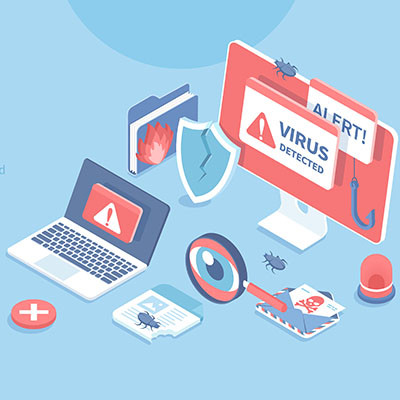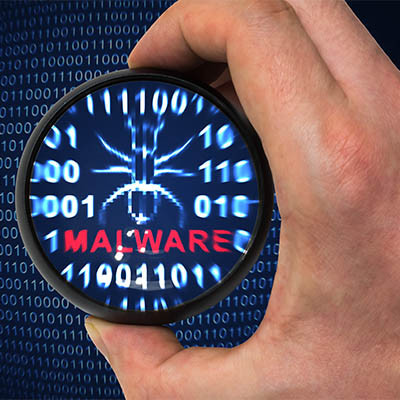Ransomware is an incredibly potent threat that has ravaged the cybersecurity landscape for several years now. Many users who get struck by ransomware feel like they have no choice but to pay the ransom, but others have banded together to create a community of resilience in the face of such a threat. Thanks to the efforts of one particular agency, victims of malware can enjoy access to malware removal tools for free.
Phantom Technology Solutions Blog
Cybercrime is a problem that is only getting worse, and as you might expect, it’s no good for business. It puts your organization in a position where it has to take steps toward securing its infrastructure, whether you like it or not. Let’s go over some of the problems associated with cybercrime and why you need to implement these measures sooner rather than later.
When people talk about network security, it’s just like they are talking about any other subject, the most terrible and devastating of the bunch is all that is spoken about. In the case of malware, there is a lot of information about ransomware going around out there because it is largely the worst type of ransomware there is for any organization. Unfortunately, malware is a vast and largely misunderstood thing. Today, we thought we would briefly go through modern malware so you can identify if you are a victim or not.
There are all kinds of threats out there that can make things difficult for your business, but one of the biggest threats from this past year was ransomware. Ransomware encrypts data on the victim’s device so that it is inaccessible without the decryption key. Hackers have been successful with these extortion methods, as well as many others, yet ransomware continues to be a serious source of anxiety for businesses of all sizes and industries.
There is such a heavy focus on malware that targets desktop PCs, laptops, and servers, but there are mobile malware types too, one of which is TangleBot, a pesky malware that hits the Android operating system. This particular threat is dangerous due to the increasing reliance on mobile technology in today’s workplace.
There are many different types of hacking attacks, but those targeting your computer can either be incredibly intrusive or so low-profile that you don’t even know you’ve been infected until it’s too late to do anything about it. Let’s discuss some of the telltale signs of a hack and what you should look for to prevent or identify them.
Ransomware has been a scourge to businesses for years now, with it unfortunately experiencing a renaissance of sorts as the COVID-19 pandemic came to the fore. With increased phishing attacks and other means of spreading ransomware now taking advantage of the ongoing situation, it is all the more important that these attempts can be identified and mitigated.
Countless high-profile ransomware attacks have surfaced over the past several years, all against targets like manufacturers, pipelines, hospitals, and utility companies. Obviously, these attacks are a cause for concern, but some small businesses might make the mistake of thinking themselves too small to target. Unfortunately, this is simply not the case; we’ll help you protect your business from these devastating cyberattacks.
Once again, ransomware strikes, this time targeting the world’s largest meat processor and distributor, JBS S.A. This disruptive cyberattack forced the company to suspend operations in both North America and Australia, a move which had devastating consequences to the supply chain. What can we learn from this situation?
Anyone who uses a computer regularly knows that software can be finicky. Developers continuously update their software to account for changes in security threats and to add new features. For the small business, integrating and developing software can be useful, but it can also be one of the most problematic issues you can face; and, oftentimes it can often go under the radar. Let’s look at a few ways that old software bugs can cause problems for your business.












